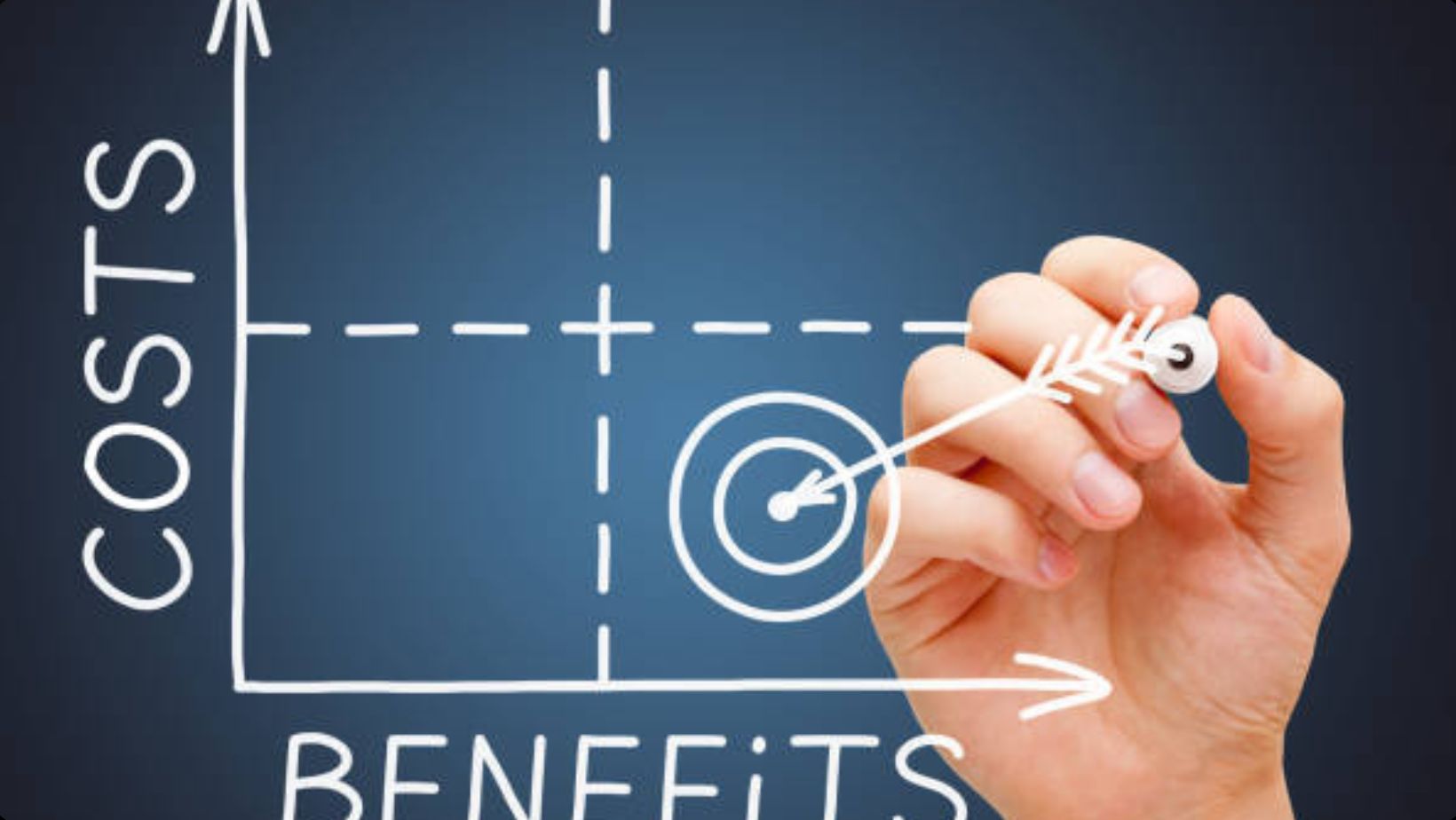When it comes to additional expenses, housing costs are often a major concern. Let’s explore why they can be the most expensive aspect of your budget.
- Rent or Mortgage: Whether you’re renting an apartment or paying off a mortgage, this is usually the largest chunk of your housing expense. The cost varies based on factors such as location, size, and amenities.
- Utilities: Utility bills can quickly add up and contribute significantly to your monthly costs. These include electricity, water, heating/cooling, internet, cable TV, and phone services. Be mindful of energy-efficient options to help reduce these expenses.
- Maintenance and Repairs: Owning or renting a property means being responsible for maintenance and repairs. From fixing plumbing issues to repairing appliances or dealing with structural problems, unexpected expenses can arise at any time.
- Insurance: Protecting your investment with homeowner’s insurance (for homeowners) or renter’s insurance (for renters) is essential but can come at a price. Insurance premiums vary depending on factors like location, coverage amount, deductible levels, and type of policy.
- Property Taxes: If you own property, you’ll likely have to pay property taxes annually or semi-annually based on its assessed value. These taxes contribute towards local services such as schools and infrastructure but can be substantial depending on where you live.
- Homeowners Association (HOA) Fees: In certain communities with shared amenities like pools or gyms, homeowners may need to pay HOA fees regularly. These fees go towards maintaining common areas and enforcing neighborhood rules.
- Moving Costs: While not a recurring expense like the others mentioned above, moving costs should still be considered when assessing the overall affordability of housing options.
Which Of These Additional Costs Will Most Likely Be The Most Expensive?
When considering additional costs, transportation expenses can often be a significant factor in determining overall expenditure. Understanding which aspects of transportation can potentially be the most expensive is crucial for effective financial planning. Let’s delve into the various factors that contribute to transportation costs and identify which ones are likely to have the highest price tag.
- Fuel Prices: One of the primary contributors to transportation expenses is fuel prices. Fluctuations in global oil prices directly impact the cost of gasoline or diesel, which can significantly affect both personal and commercial transportation budgets. Keeping an eye on fuel prices and exploring alternative modes of transport, such as electric vehicles or public transit, may help mitigate these costs.
- Distance Traveled: The distance covered plays a vital role in determining transportation costs. Whether it’s commuting to work or transporting goods over long distances, increased mileage equates to higher expenses due to greater fuel consumption and wear and tear on vehicles. Considering ways to optimize routes or exploring options like shared rides or consolidating shipments can help reduce these expenditures.
- Transportation Mode: Different modes of transportation come with varying price tags. While personal vehicles offer convenience, they also come with maintenance, insurance, and depreciation costs that add up over time. On the other hand, utilizing public transit systems or engaging third-party logistics providers for cargo shipments may provide more cost-effective alternatives.
- Tolls and Road Taxes: Depending on your location and travel route, tolls and road taxes can significantly impact your transportation budget. These charges are often imposed on highways or bridges as a means of funding infrastructure projects but can accumulate quickly if frequent travel is required through tolled areas.
- Vehicle Size and Type: The size and type of vehicle you choose will also influence your transportation expenses. Larger vehicles tend to consume more fuel while smaller ones generally offer better fuel efficiency but may lack storage capacity for certain purposes.
- Maintenance and Repairs: Regular maintenance and unexpected repairs are inevitable costs associated with owning or leasing a vehicle. Ensuring proper upkeep of your transportation asset can help prevent major breakdowns and costly repairs down the line.
By keeping these factors in mind, you can better assess which aspects of transportation costs are likely to be the most expensive for your specific situation. Remember, it’s essential to consider multiple variables when planning for additional expenses to make informed financial decisions.

